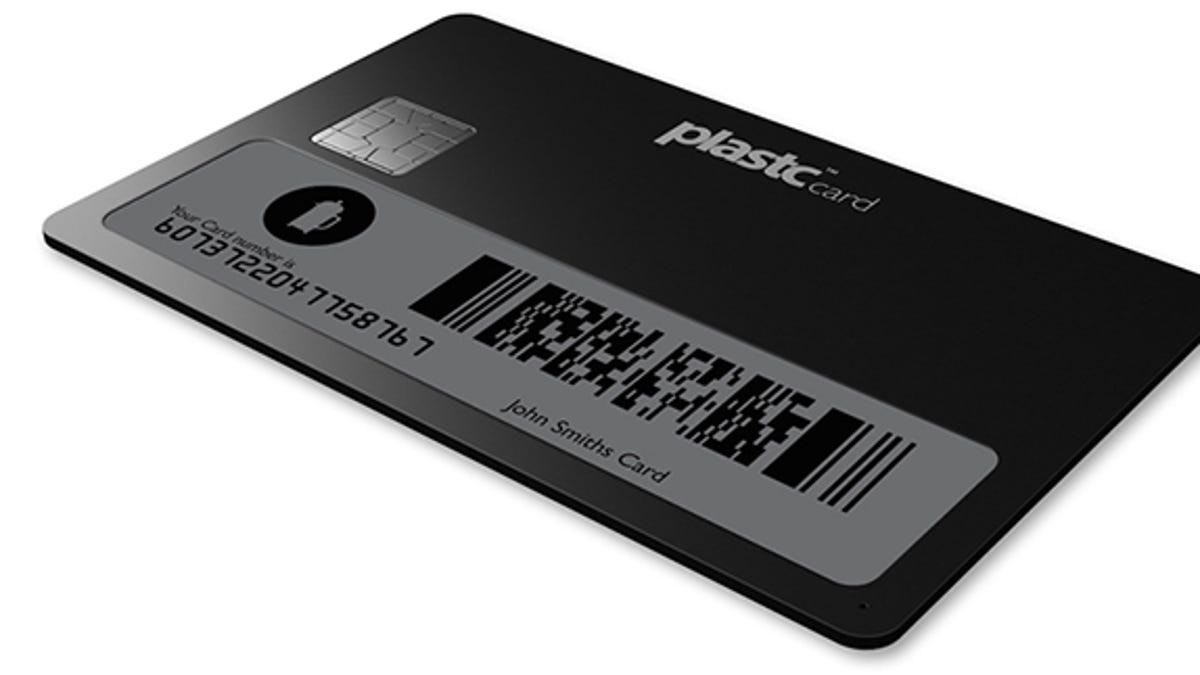Plastc goes bankrupt without delivering all-in-one card
The company says it has a functioning card that replaces multiple credit and bank cards. But backers won't receive them.

Plastc has melted down.
Plastc, the company behind an effort to create a single card to replace multiple credit and bank cards, has gone belly up without delivering its product.
Plastc raised more than $9 million in preorder sales, according to a Magnify Money blog. But its 80,000 early backers learned Thursday that the company would shut down immediately, file for bankruptcy and not fulfill preorders.
"We are disappointed and emotionally distraught, and while we know this is extremely disappointing for you, we want our backers to know that we did everything we could to make Plastc Card a reality," the company said in a statement posted to its website.
Representatives for Plastc couldn't immediately be reached for comment.
The Palo Alto, California-based company was founded in 2012 by Ryan Marquis and Mark Stubbs with the promise of creating a single card that would store information from up to 20 credit and bank cards. The company planned to do this by expanding beyond the single, aging magnetic strip and adding support for NFC, RFID and Chip and PIN -- so even in locations where NFC is not yet widely in use the card could still use both existing and future technologies.
The company claims it was expecting to close a $3.5 million Series A funding round in late February and that it had functioning Plastc Cards to show its investors. But that deal fell through, as did another for $6.75 million, the company said.
Solving for XX: The industry seeks to overcome outdated ideas about "women in tech."
Tech Enabled: CNET chronicles tech's role in providing new kinds of accessibility.

